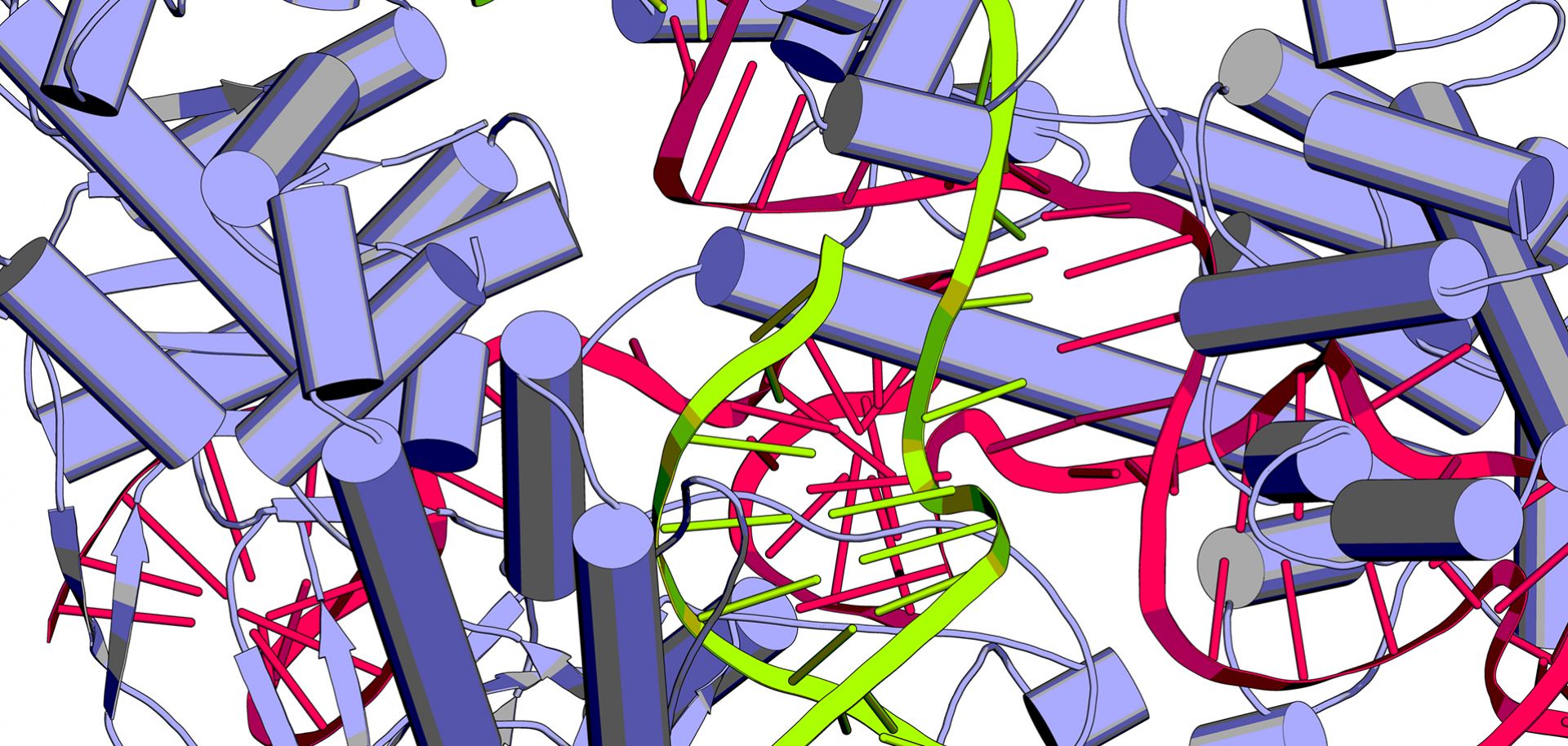ASSESSMENTS
A Resolution on Who Owns Gene Editing
Feb 16, 2017 | 23:34 GMT

The CRISPR-Cas9 gene editing complex from Streptococcus pyogenes. Technologies such as CRISPR have wide-ranging implications for agriculture, industrial biotechnology and human health care. The fight for ownership of the powerful gene-editing technique known as CRISPR-Cas9 is over, at least for now. The victor in the patent case, however, is less important than the fact that policy continues to lag behind scientific progress.
(MOLEKUUL_BE/Shutterstock)
Subscribe Now
SubscribeAlready have an account?
